I just had a mastectomy due to cancer. Will eating chicken cause the wound to become infected, causing swelling, pus, and slow healing? (Tran Ngoc, Vinh Long)
Reply:
Wound healing takes 3-6 months, with three phases including inflammatory response, cell proliferation and tissue regeneration.
Chicken is a familiar dish in Vietnamese family meals. There is currently no research proving that eating chicken causes keloid scars. Scar formation depends on the extent of the injury and the healing process. If all factors involved in the wound healing process are favorable, the wound will leave a beautiful, small and faint scar; otherwise, it can form an ugly scar (hypertrophic scar, keloid scar, concave scar). Normal scars are within the scope of the original wound, while hypertrophic scars extend beyond this scope.
There are many causes of hypertrophic scars such as infection, hair, dirt stuck in the wound. Improperly treated injuries can also easily lead to hypertrophic scars. Keloids are often due to the body's constitution, and are less affected by wound treatment and care.

Chicken meat contains a lot of protein, vitamins and minerals. Photo: Freepik
Chicken meat contains a lot of protein, vitamins and minerals, easy to digest and absorb. Cancer patients in general and breast cancer patients in particular need a lot of protein to maintain body mass, strengthen health to fight fatigue, physical decline during chemotherapy and radiotherapy. Therefore, you should not abstain from chicken.
You should choose fresh chicken, cooked thoroughly to ensure food safety. You should not eat processed chicken because it contains a lot of salt, which can easily increase blood pressure and increase the risk of other types of cancer.
In your daily diet, you should add a variety of foods such as meat, fish, eggs, vegetables, fruits, cereals, cheese, milk and nutrient groups such as fiber, starch, protein, vitamins, minerals. A healthy body helps patients strengthen their immune system and prevent infection.
To prevent hypertrophic scars and reduce the risk of keloid scars, patients should take care of the wound properly. Every day, wash the wound with saline or antiseptic solution, remove foreign objects (hair, fur...). Do not bandage the wound too tightly or too loosely. If the wound has any abnormalities, you should see a surgeon for proper care.
Master, Doctor Huynh Ba Tan
Department of Breast Surgery, Tam Anh General Hospital, Ho Chi Minh City
| Readers ask questions about cancer here for doctors to answer |
Source link








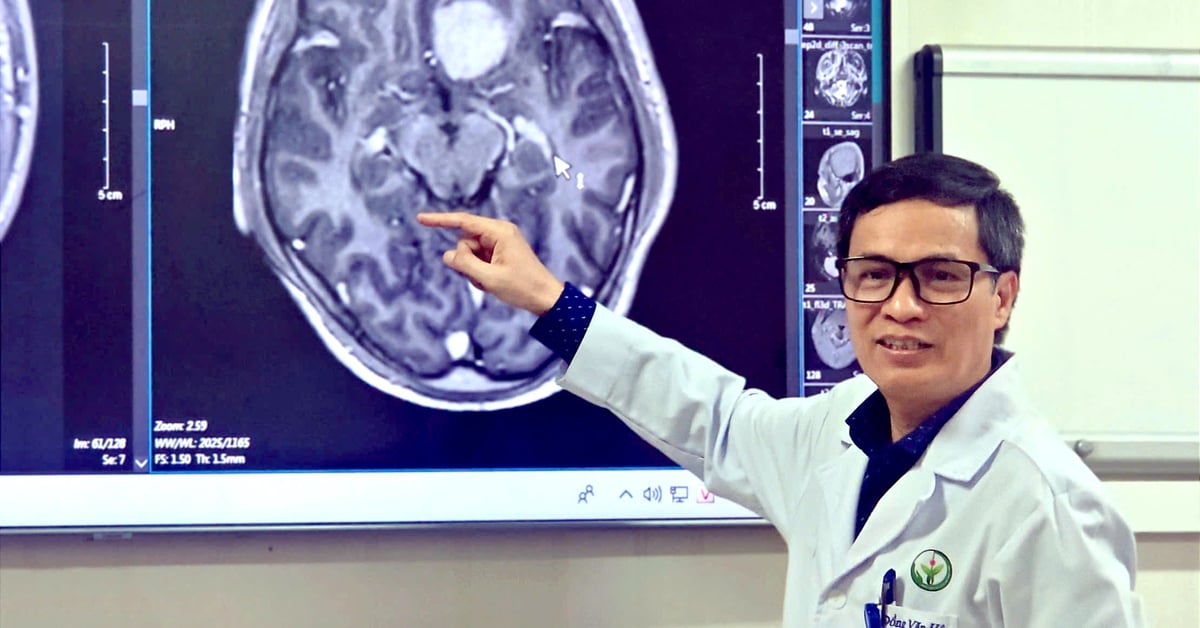






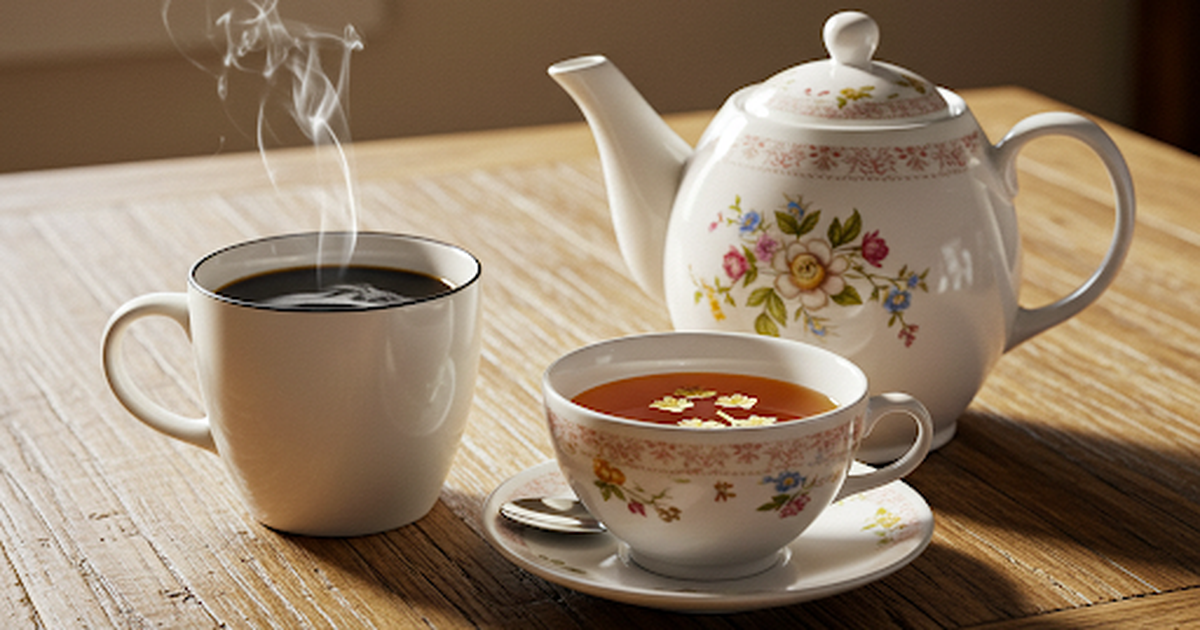
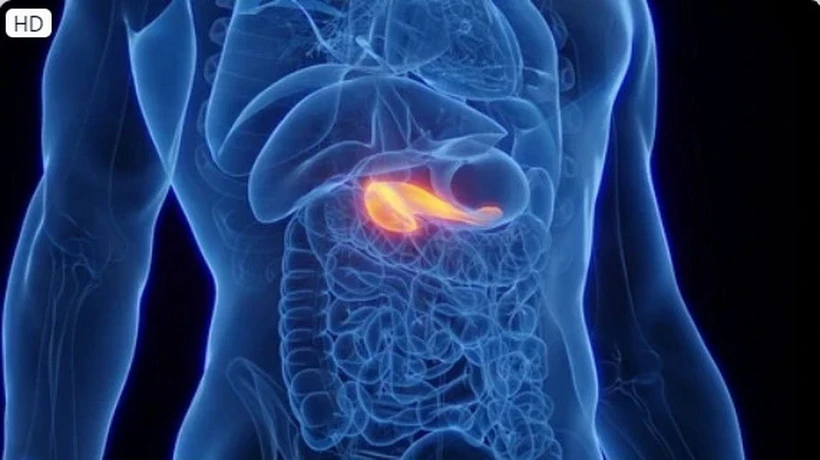

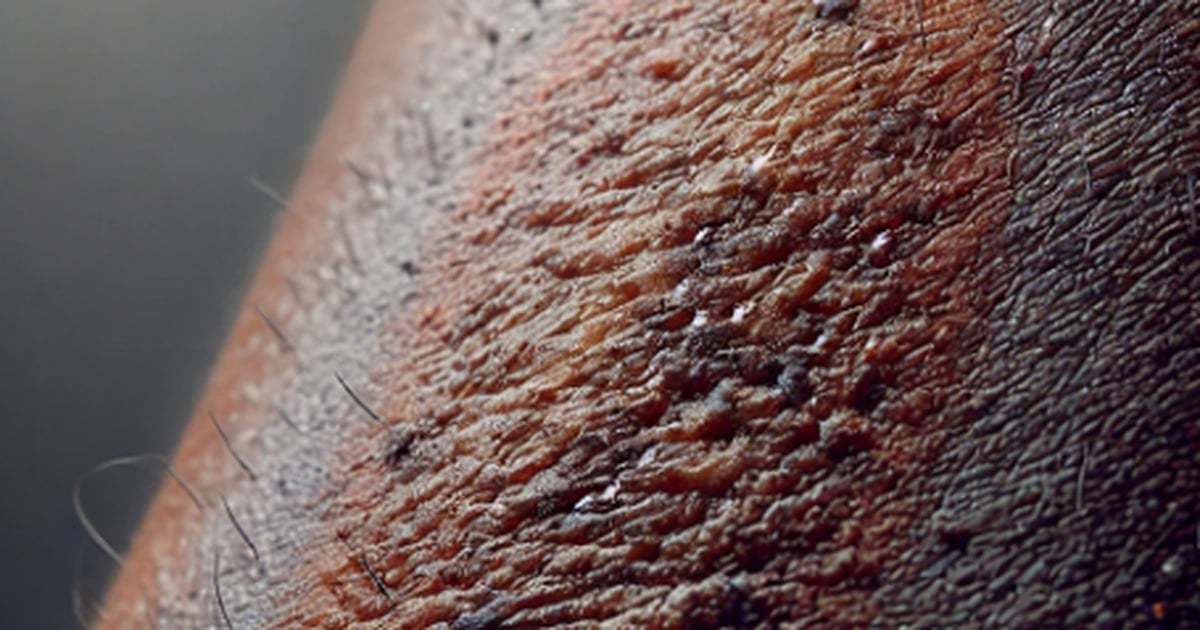


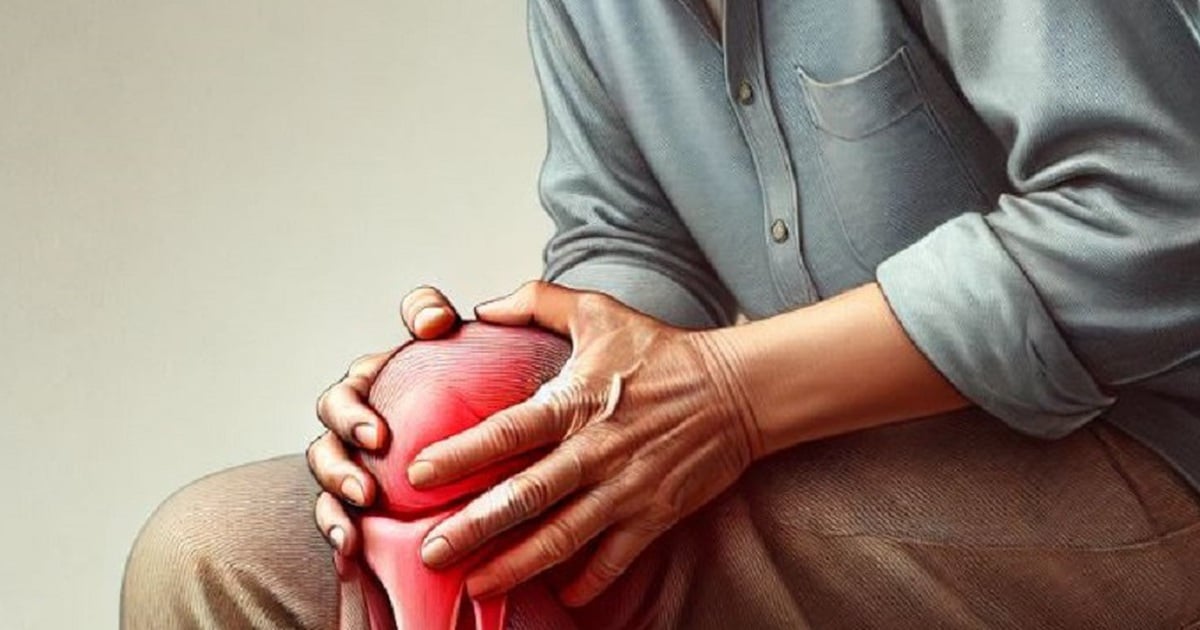
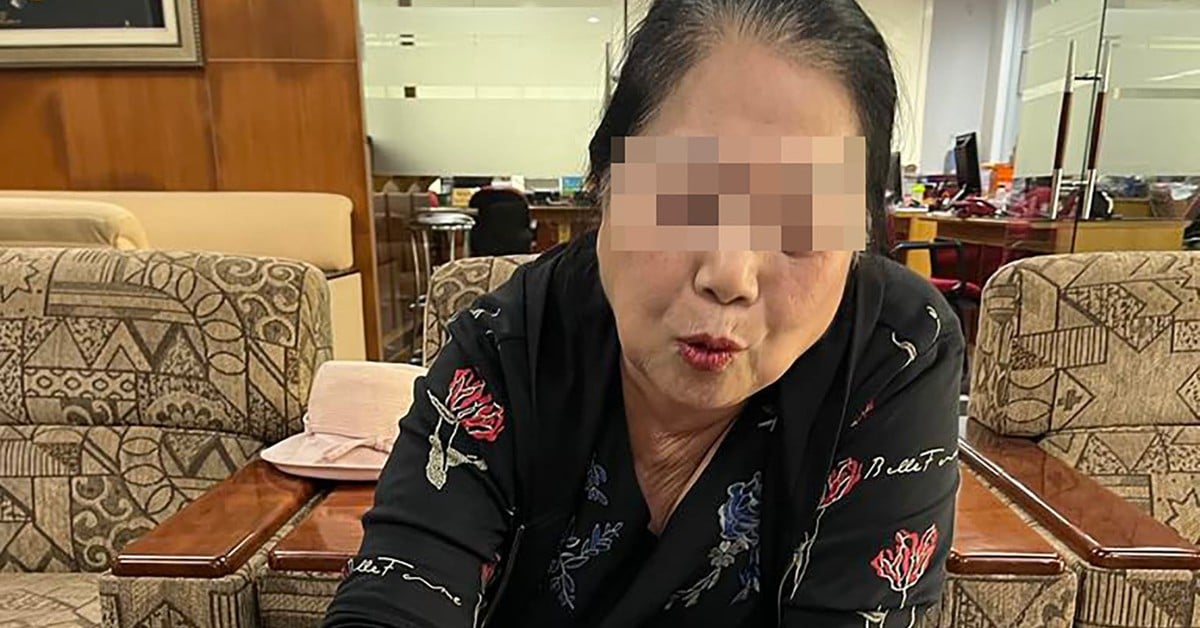
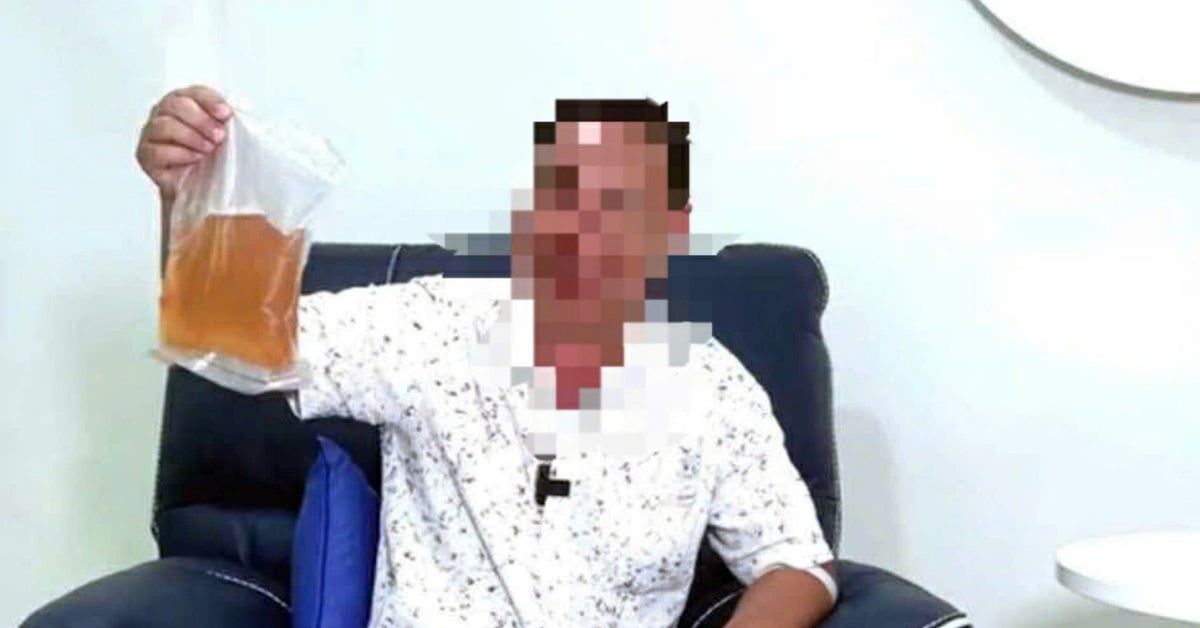








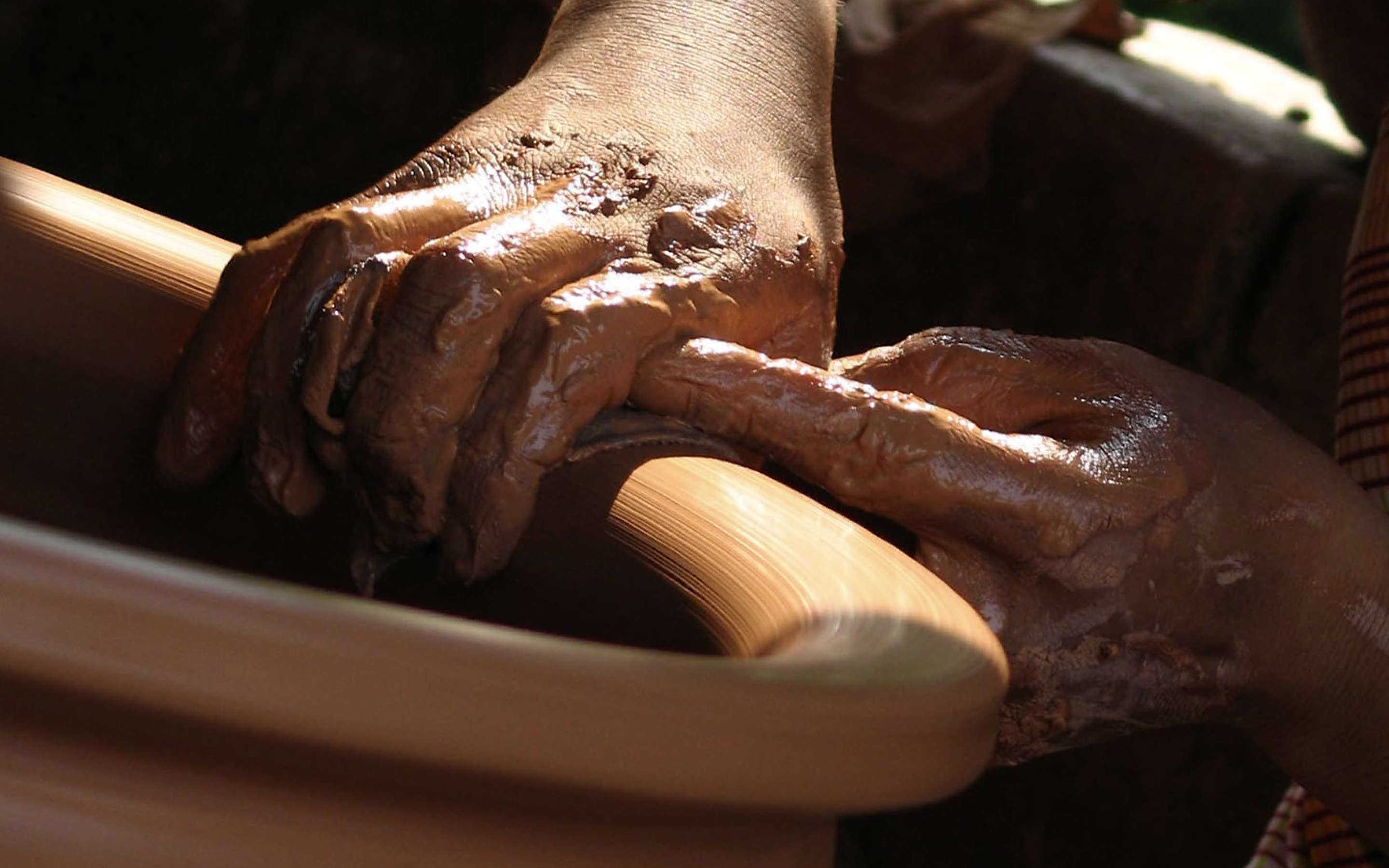
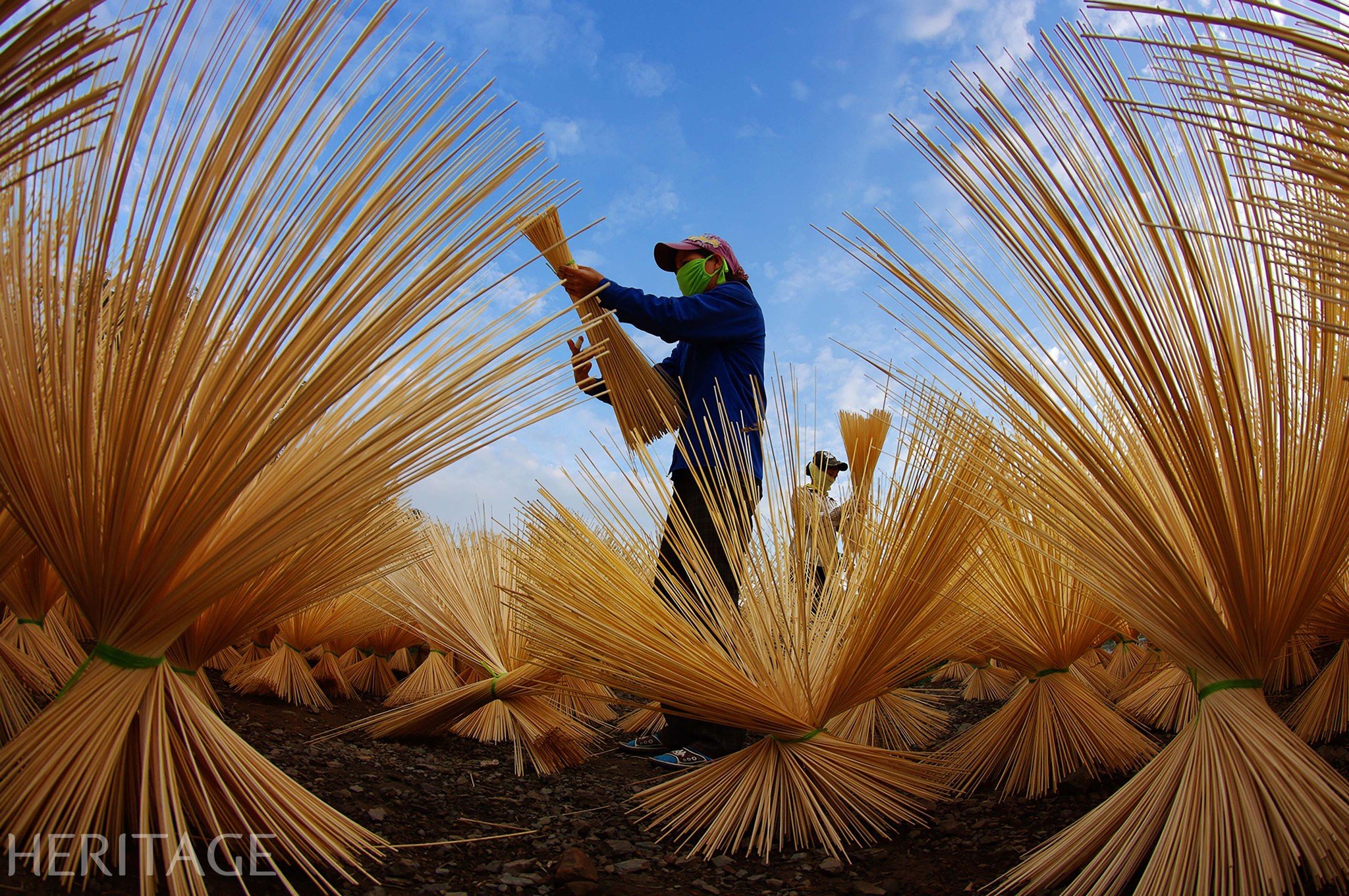






















































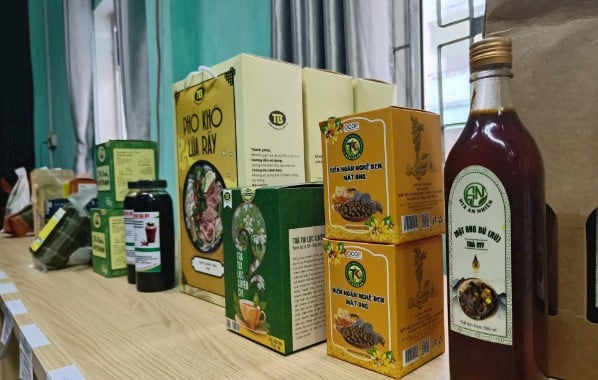




Comment (0)